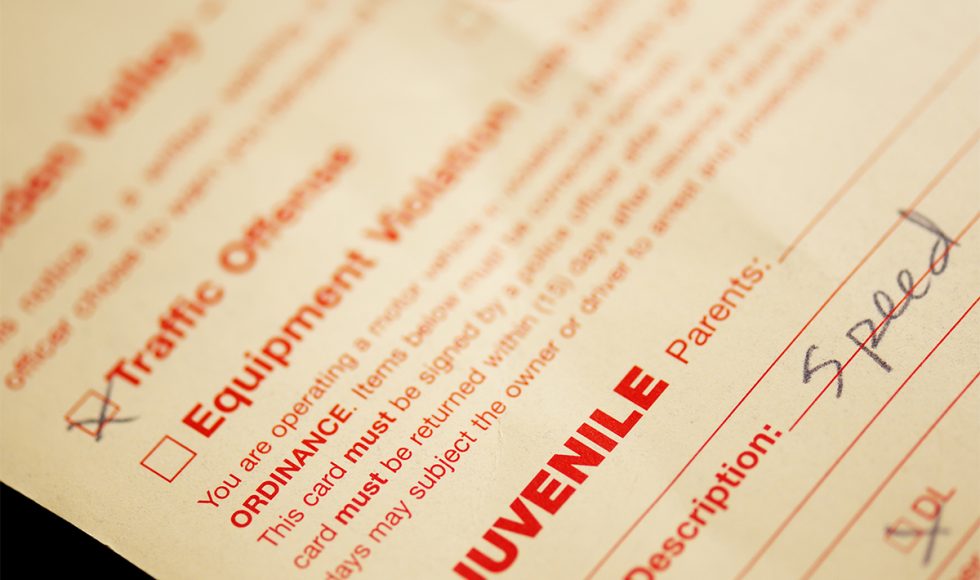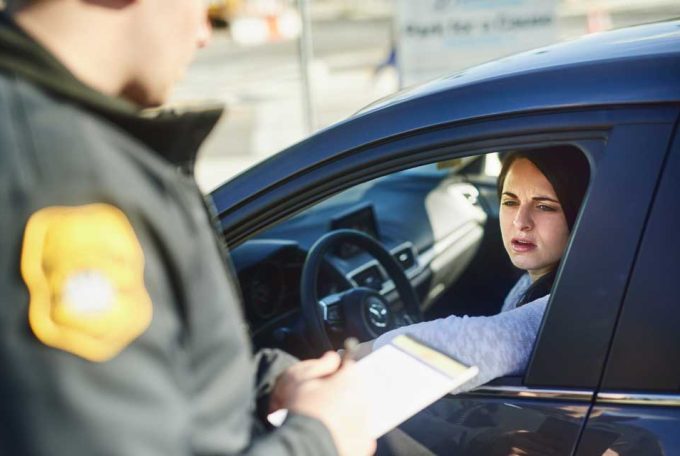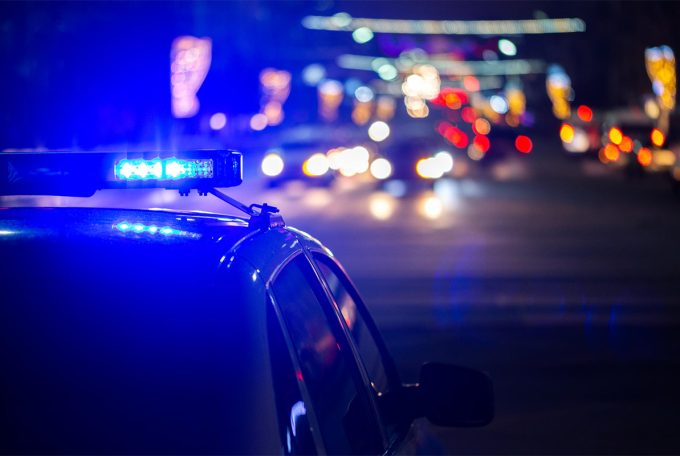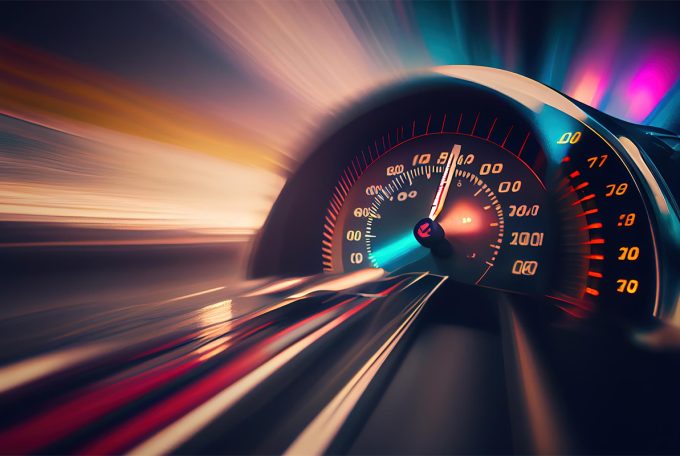Challenge the Determination of Your Speed
When it comes to dealing with a speeding ticket, one of the most effective defenses is challenging the determination of your speed. This is a common strategy employed by drivers in Metairie and across the country to fight against traffic violations and protect their driving records.
Law enforcement officers use various methods to track and determine a vehicle’s speed, including radar guns, speed cameras, and pacing techniques. These methods are not infallible, and there are several factors that can affect the accuracy of speed detection.
Successfully challenging the determination of your speed can result in the dismissal of the ticket or a reduction in charges. This can help protect your driving record and prevent an increase in insurance premiums.
Challenge the Officer’s Perception
Distance is a factor that can impact an officer’s ability to accurately estimate speed. The further away a vehicle is, the more difficult it becomes to accurately gauge its speed. Poor lighting conditions such as darkness or glare from the sun can further impair an officer’s perception of speed.
Weather conditions can also play a significant role in challenging an officer’s perception. Rain, snow, fog, or other adverse weather conditions can affect visibility and alter the appearance of a vehicle’s speed. Rain can make it seem like a car is moving faster than it actually is due to the streaks created by the raindrops on the windshield.
Other vehicles or objects in the vicinity can create obstructions that hinder an officer’s ability to accurately estimate speed. If there were other cars driving alongside the defendant’s vehicle, it may be difficult for the officer to determine which car they were focused on. If there were roadside objects, trees, or buildings that obstructed the officer’s view, it can introduce doubt about the validity of the officer’s speed estimation.
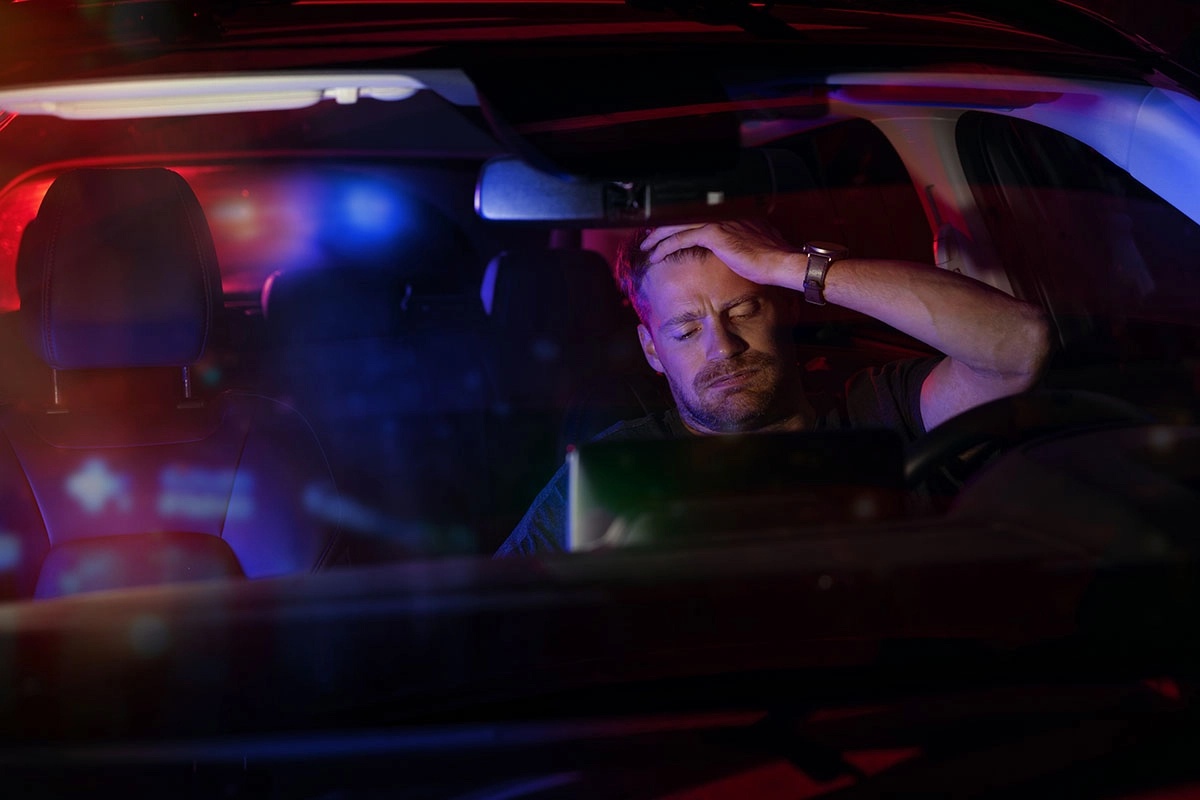
Challenge the Accuracy of the Speed-Measuring Device (RADAR and LIDAR)
RADAR devices use radio waves to measure the speed of a moving vehicle. These devices are not infallible and can sometimes produce inaccurate readings. Factors such as electromagnetic interference, calibration errors, and operator error can contribute to faulty readings. In some cases, there may even be technical malfunctions with the device itself.
Similarly, LIDAR devices use laser technology to determine a vehicle’s speed. These devices are known for their accuracy, but they are not immune to errors. Factors such as poor weather conditions, improper use by the officer, and even interference from other objects can affect the accuracy of LIDAR readings.
If there are any doubts or inconsistencies in the accuracy of the speed-measuring device, it can significantly weaken the prosecution’s case.
Challenge the Necessity to Speed to Dispute a Speeding Ticket
When challenging the necessity to speed, it is essential to provide evidence and facts to support your defense. If you were pulled over for speeding on a wide-open road with no other vehicles around, you could argue that there was no need to exceed the speed limit as there was no traffic to keep up with. If you were driving in a low-traffic area and can prove that you were not in a rush or attempting to make up for lost time, you can argue that there was no necessity to speed.
Another aspect to consider in challenging the necessity to speed is the potential consequences of excessive speed. Speeding not only increases the likelihood of an accident but can also have serious legal and financial repercussions.
A speeding ticket can result in increased insurance premiums, points on your driving record, and even the suspension of your driver’s license. By highlighting the potential negative consequences, you can strengthen your defense and demonstrate your genuine commitment to obeying the law.
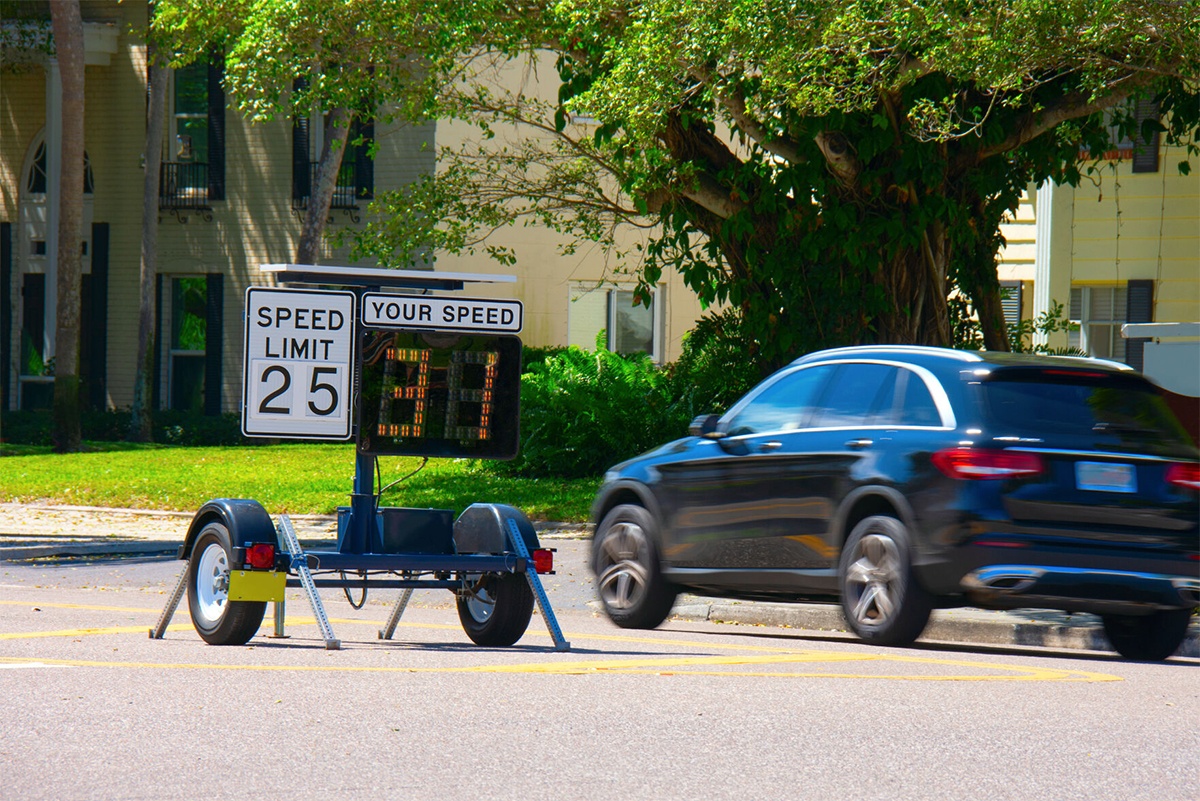
Challenge No Posted Speed Limit
When it comes to enforcing speed limits, the law requires that there must be proper signage indicating the speed limit for drivers to abide by. Drivers may receive a speeding ticket in an area where they believe there was no visible posted speed limit sign. This lack of a posted speed limit sign creates an opportunity to challenge the validity of the ticket.
Challenging the absence of a posted speed limit sign can be an effective defense strategy if you can provide evidence that no clear signage was present at the time of the alleged violation.
This evidence could include photographs or video footage taken at the location, witness testimonies, or even a lack of any records or documentation indicating the placement or maintenance of speed limit signs in that specific area.
Proving the absence of a posted speed limit sign can be challenging, as it requires investigation. This is where the expertise of our skilled traffic ticket defense attorney comes into play. Our experienced attorney will have the knowledge and resources to investigate the presence or absence of a posted speed limit sign and challenge the ticket based on this defense strategy.
Challenge Speedometer Calibration
This evidence can include:
Calibration Documentation: Obtain any maintenance or calibration records for your vehicle’s speedometer. These documents can show if your speedometer was recently calibrated and whether there were any reported issues.
Expert Testimony: Consult with a professional who specializes in speedometer calibration. They can examine your speedometer and provide an expert opinion on whether it was accurately calibrated during the time of the alleged violation.
Speedometer Accuracy Tests: Conduct an independent speedometer accuracy test. This can be done by comparing your speedometer reading with a GPS device or by using speed-measuring equipment. Document the results of these tests as evidence to challenge the accuracy of your speedometer.
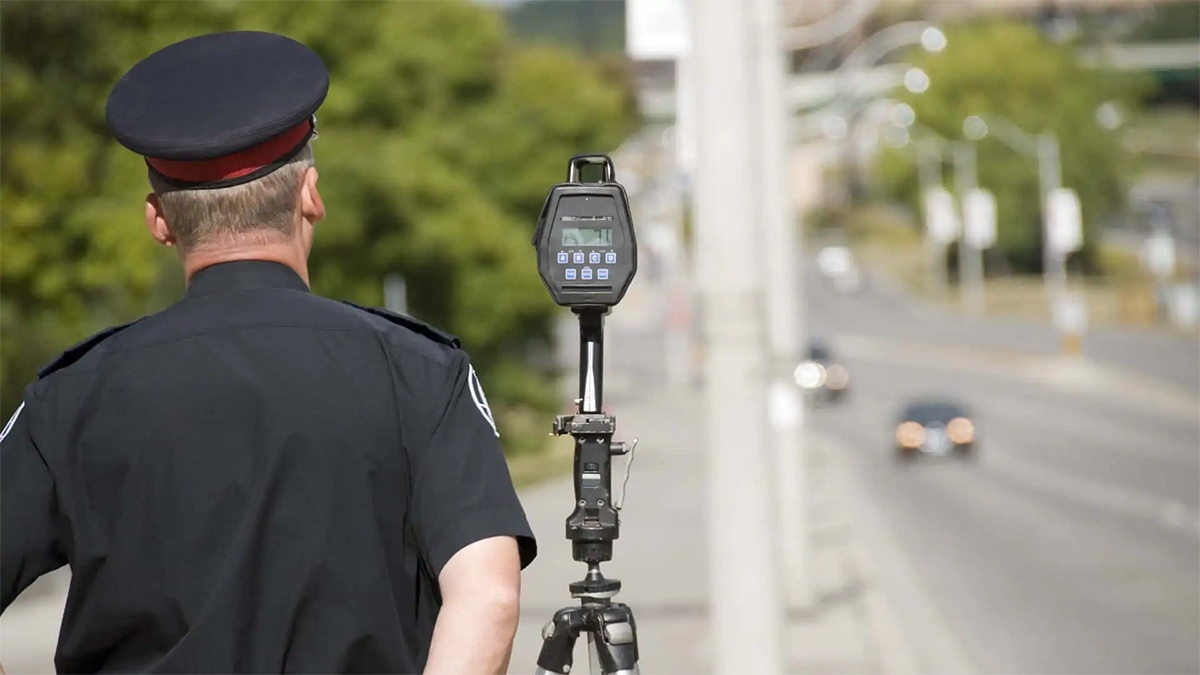
Challenge GPS Has Lower Speed
Research GPS Accuracy: Familiarize yourself with the limitations and potential inaccuracies of GPS devices. Understand that factors like signal interference, satellite positioning errors, and device calibration issues can all impact the accuracy of speed readings.
Consult an Expert: Seek out the assistance of a professional who specializes in GPS technology and its accuracy. They can analyze the specific device used by the law enforcement officer and provide expert testimony on any potential inaccuracies or shortcomings.
GPS Calibration Records: Request access to the calibration records of the GPS device used by law enforcement. These records can reveal whether the device was properly calibrated and maintained, raising doubts about its accuracy.
Compare GPS Reading with Vehicle Speed: Conduct an independent comparison of the GPS reading with the speed indicated by your vehicle’s speedometer. This can help identify any significant disparities or inconsistencies that may support your defense. Document the results of these comparisons as evidence.
Driver Behavior: Gather any additional evidence that supports your claim that the GPS reading was inaccurate. This can include witness testimony, photos, or video recordings that demonstrate your vehicle was not traveling at the alleged speed at the time of the incident.
A speeding ticket on your driving record causes your insurance premium to go up by 22%-30%, on average. [1]
Did you recently receive a speeding ticket in Metairie, Louisiana?
LouisianaSpeedingTicket.com has all the information and resources you need to fight your ticket and potentially have it dismissed. Contact us today to learn about the defenses that can help you beat your Metairie speeding ticket.
Source:
[1] Kasperowicz, L. (2023, March 29). How to keep a speeding ticket off your record. Insurance.com. https://www.insurance.com/auto-insurance/auto-insurance-basics/keep-a-speeding-ticket-off-your-record.html

